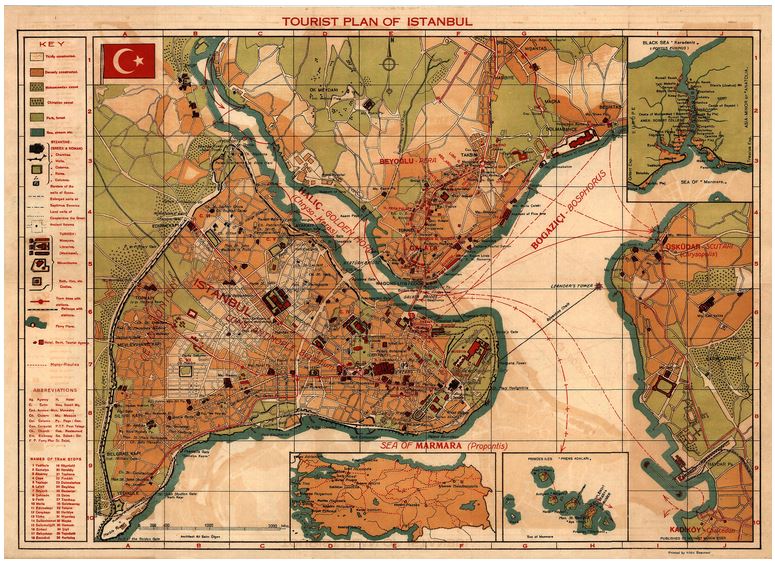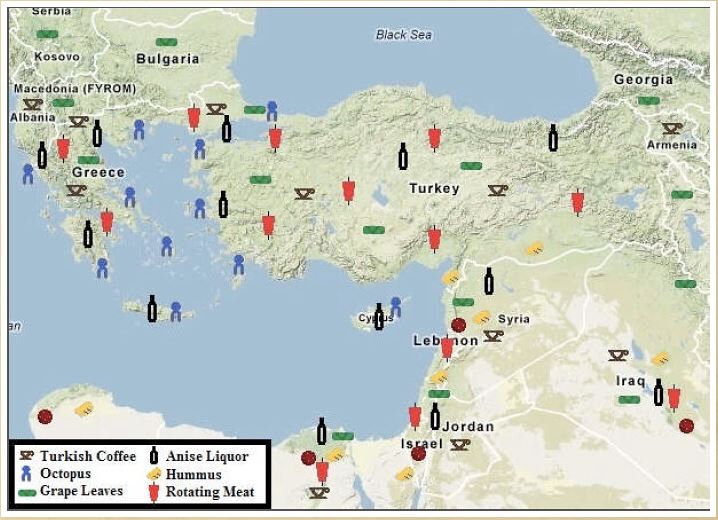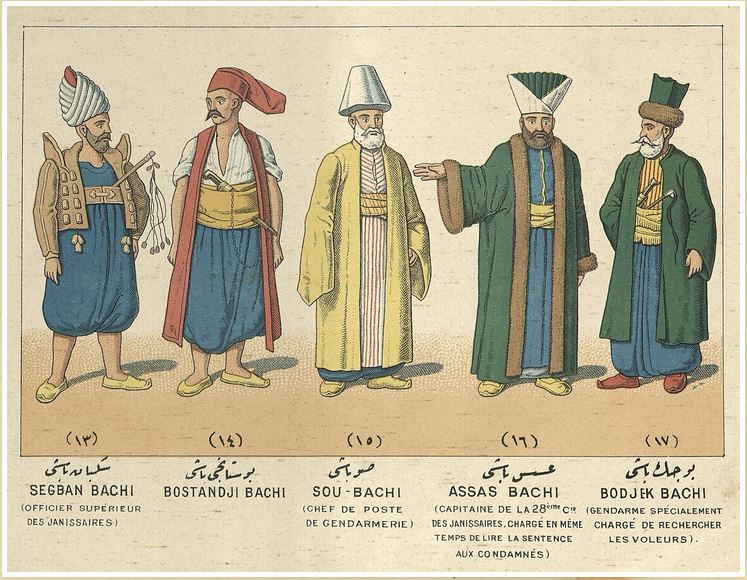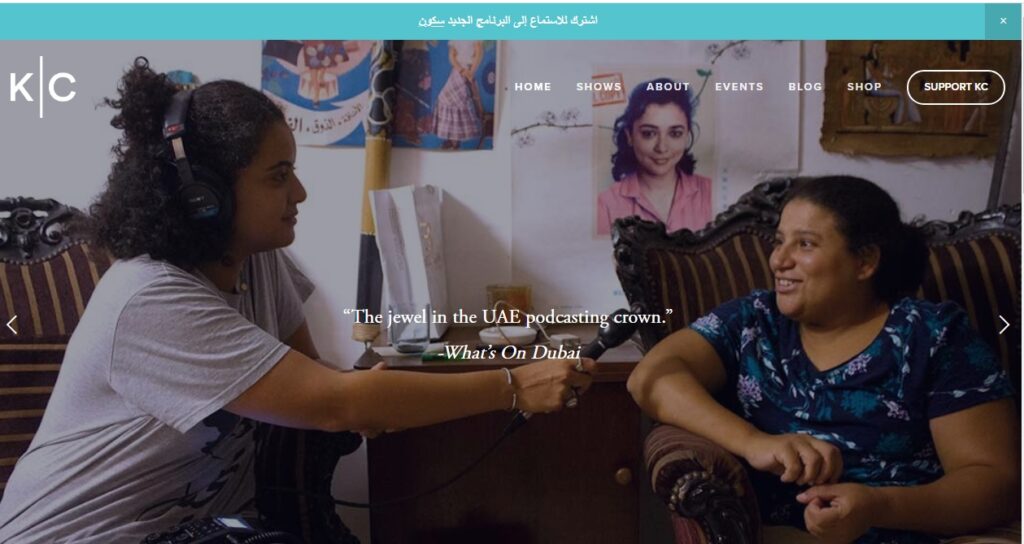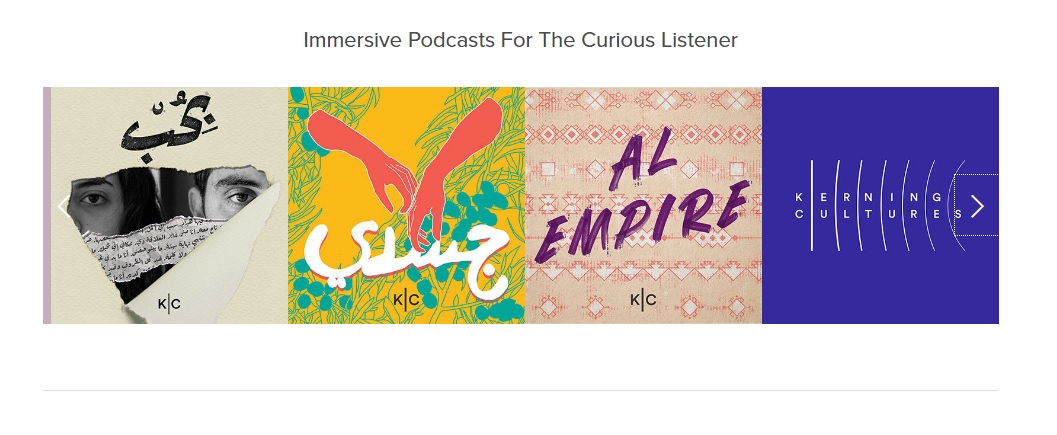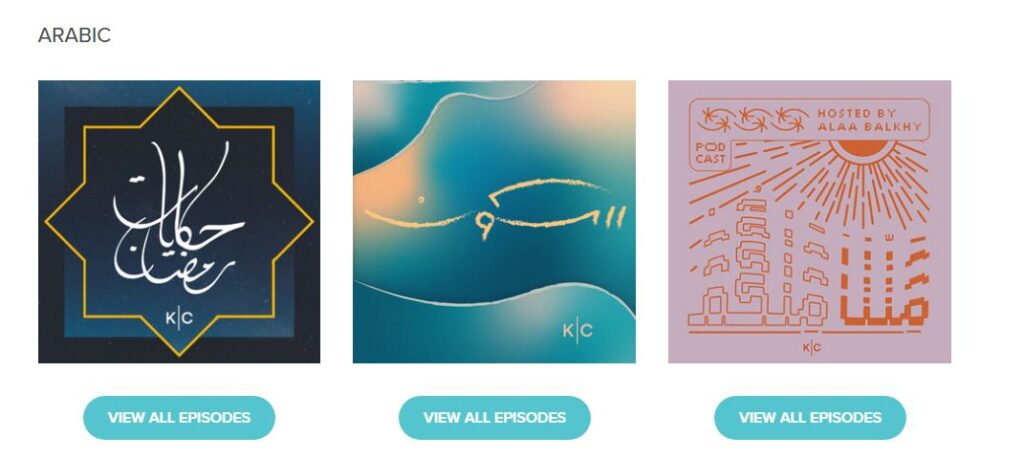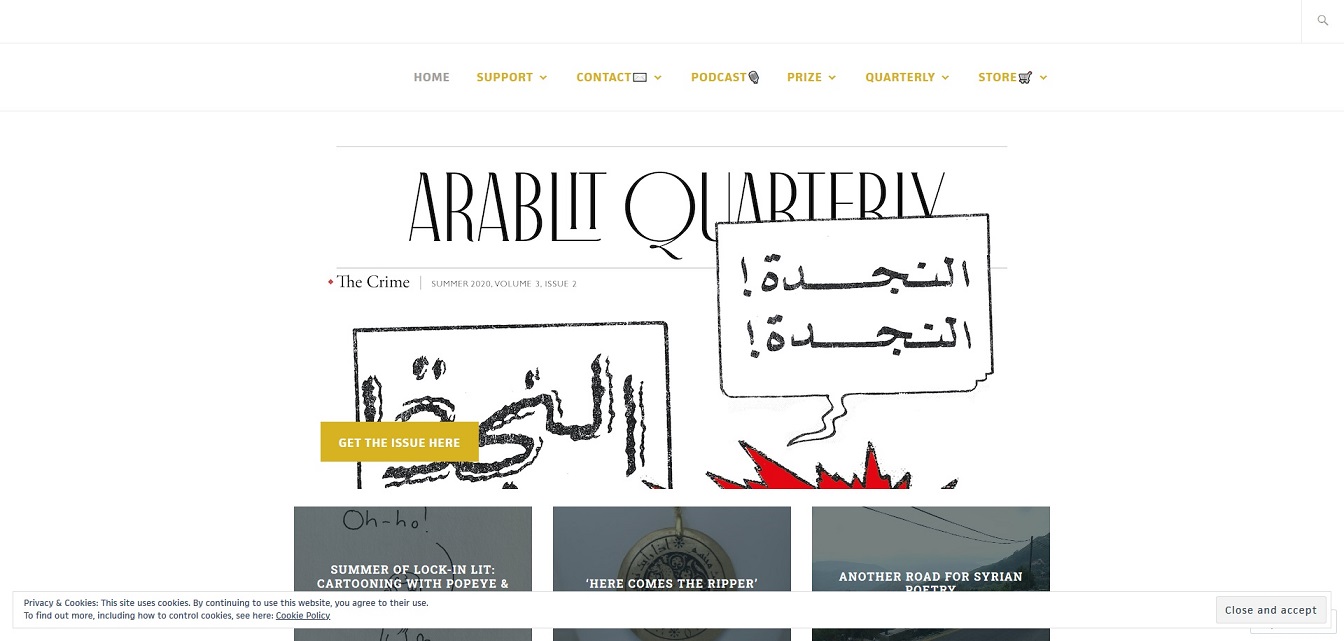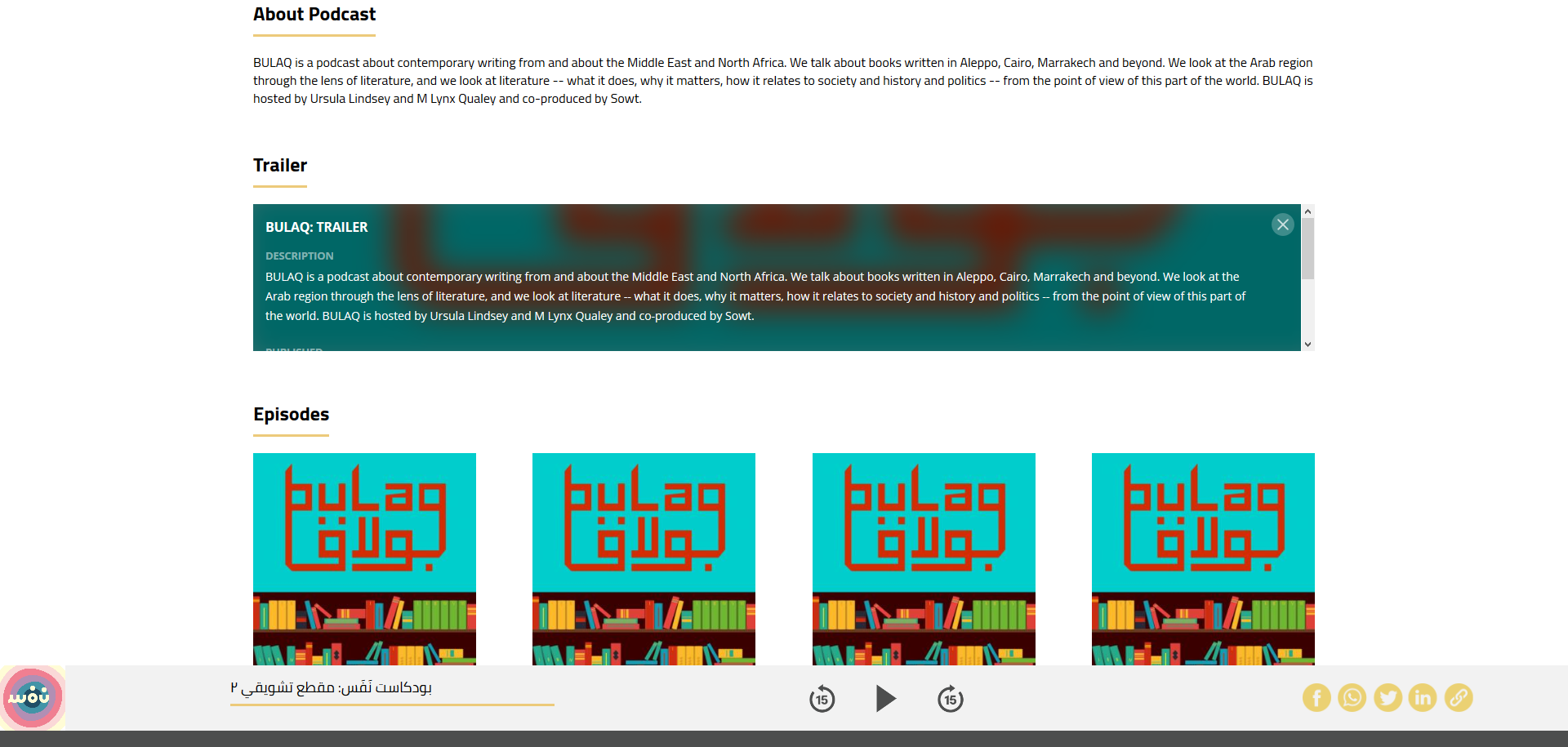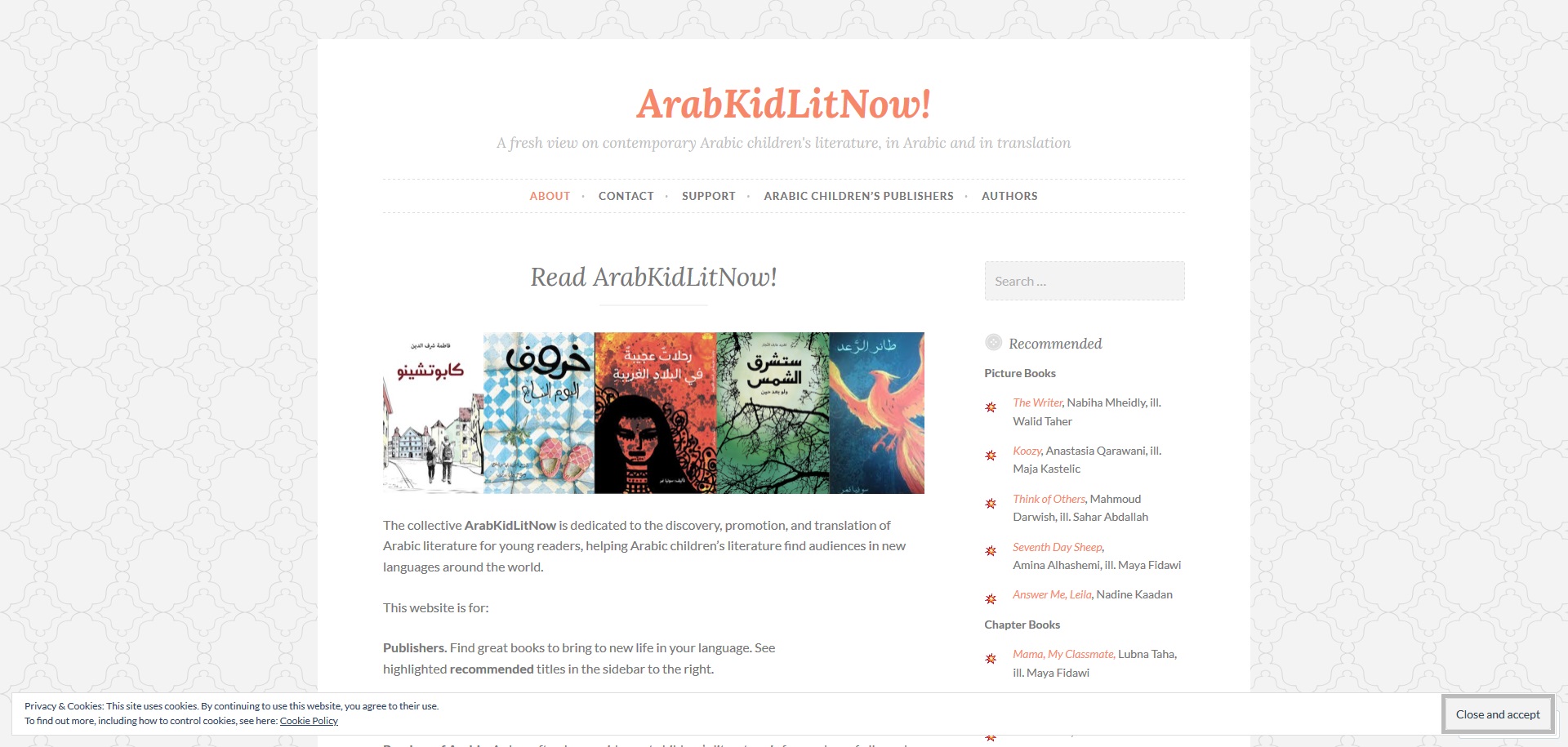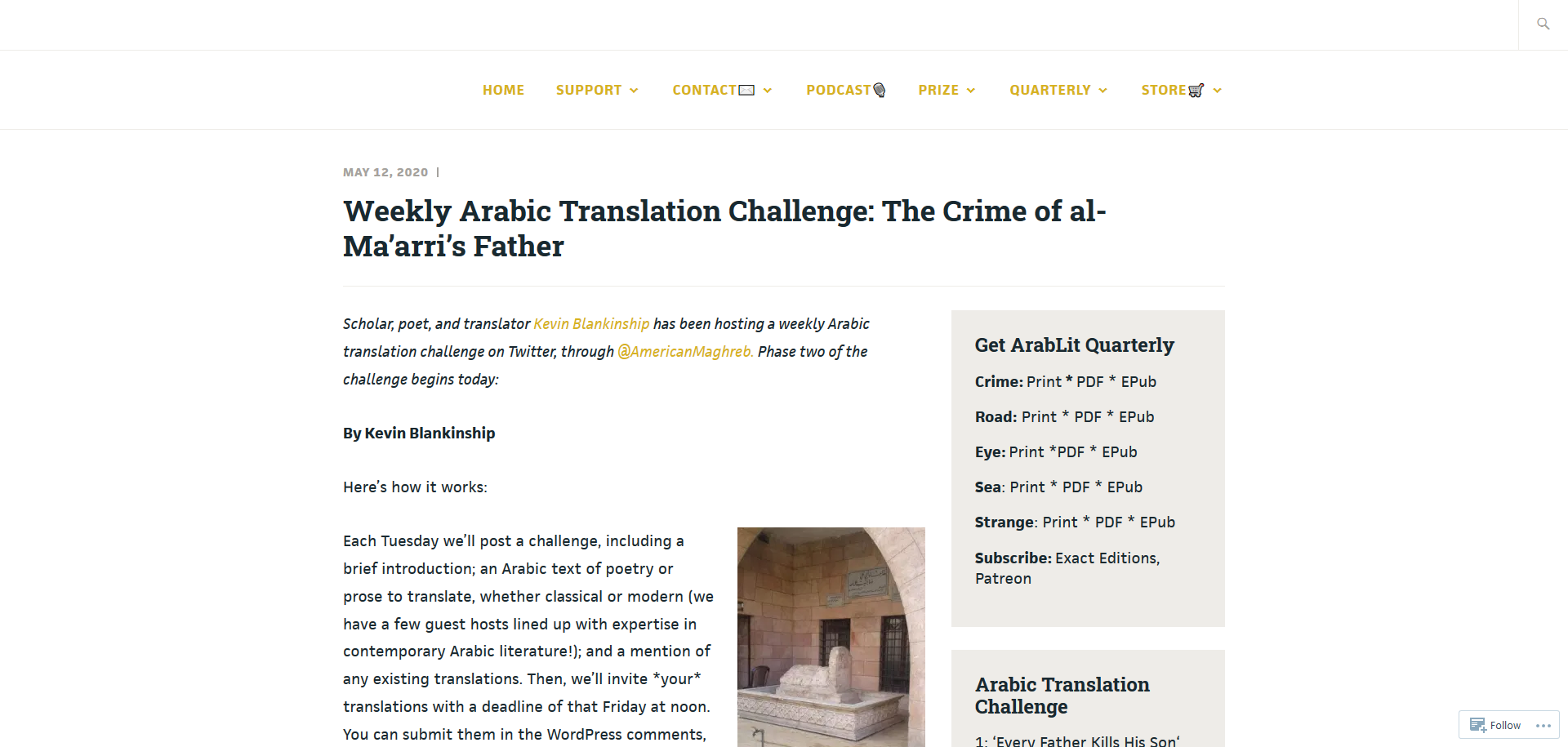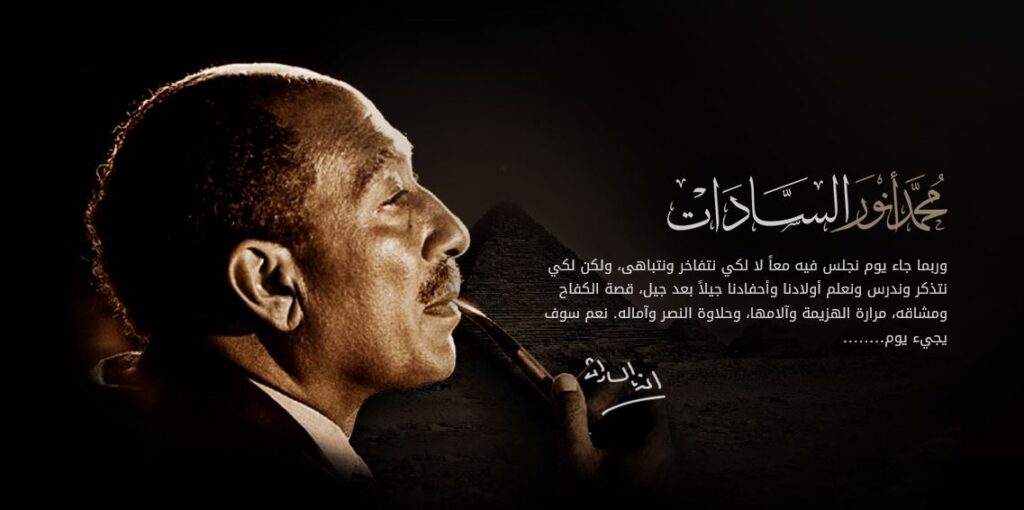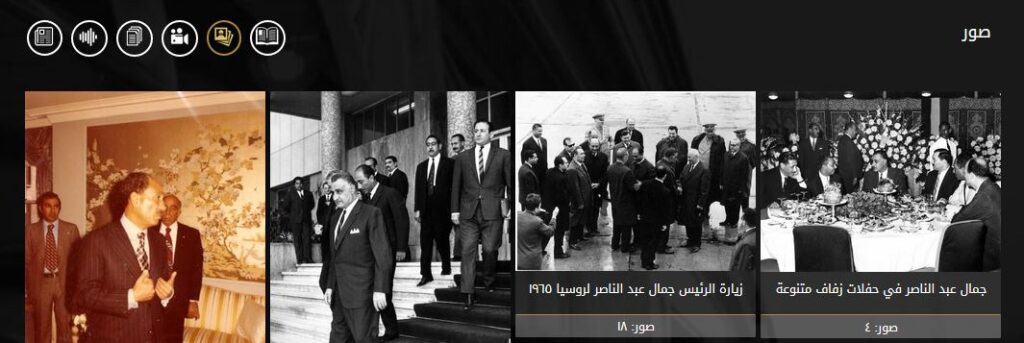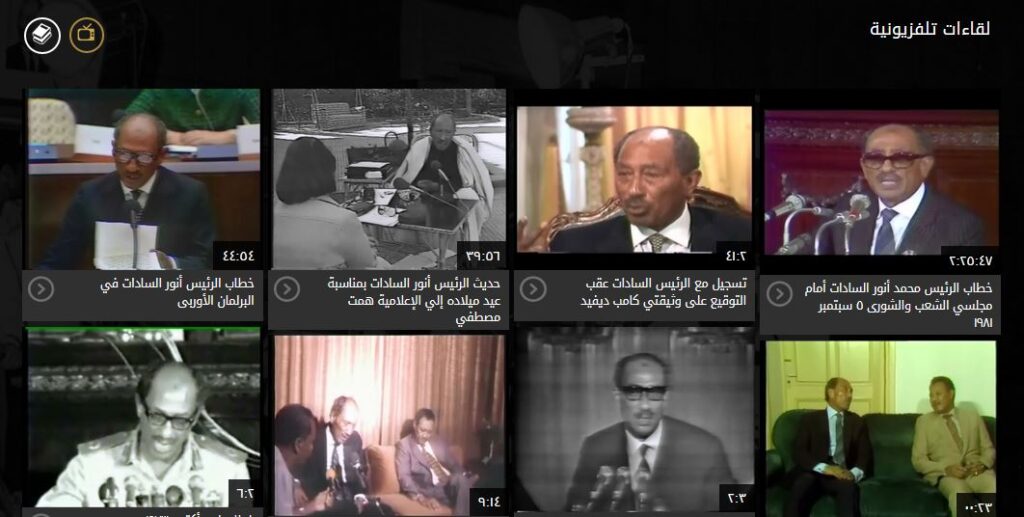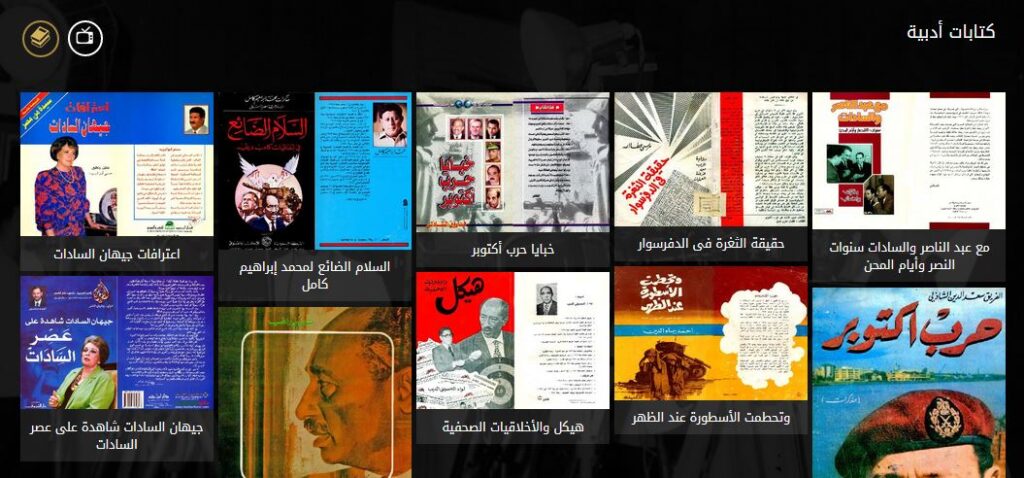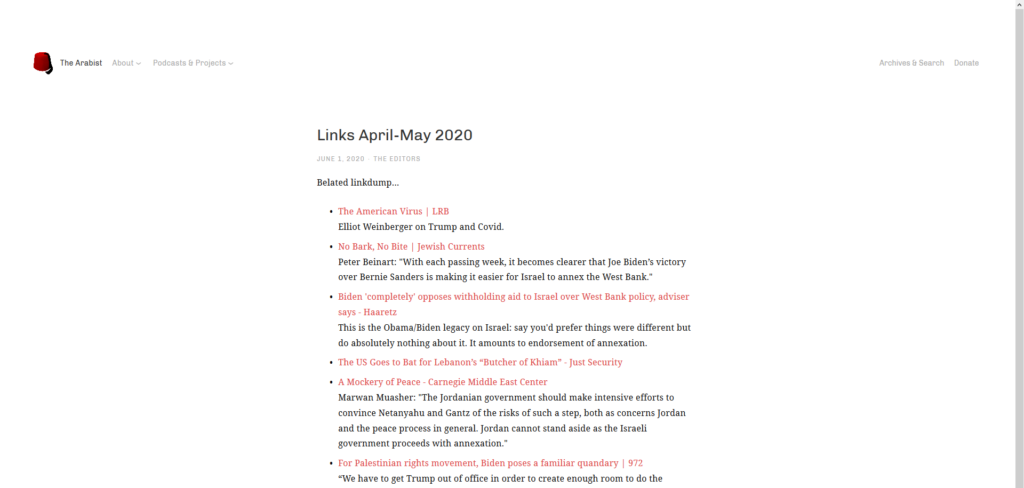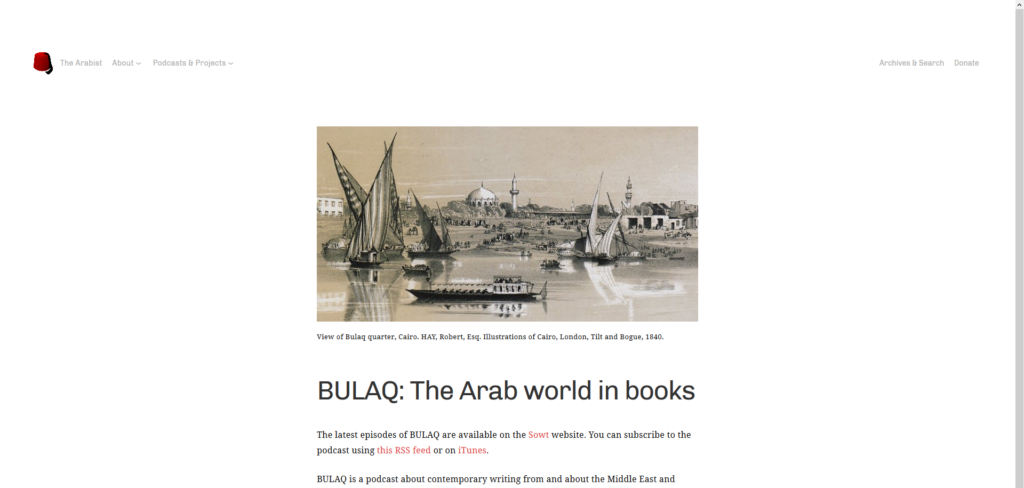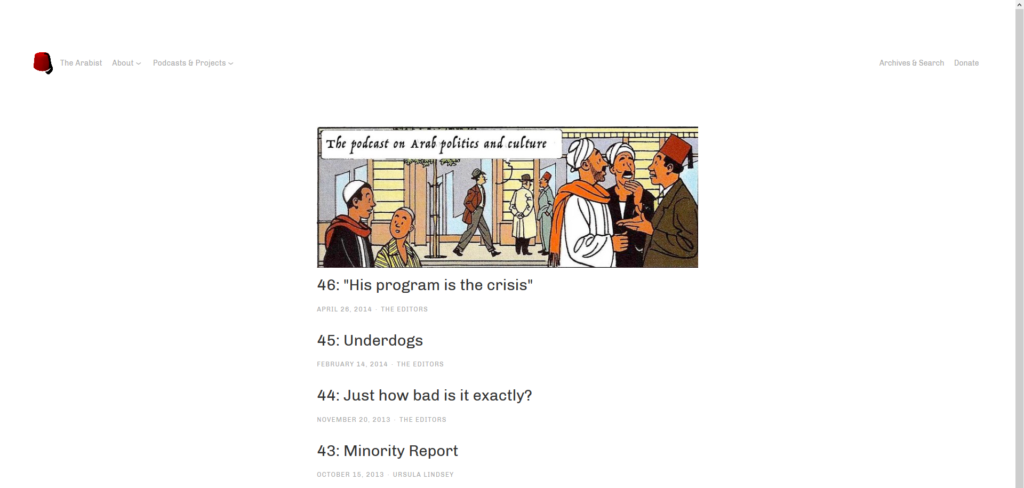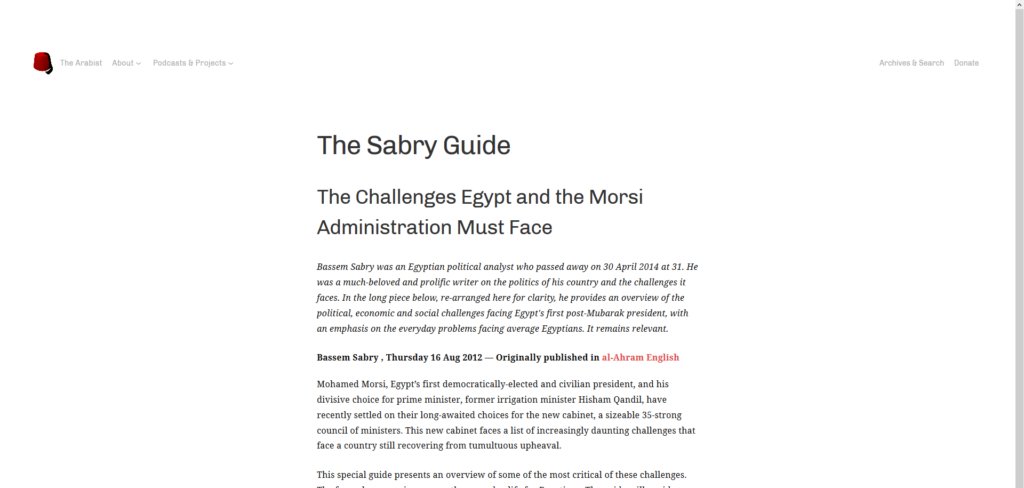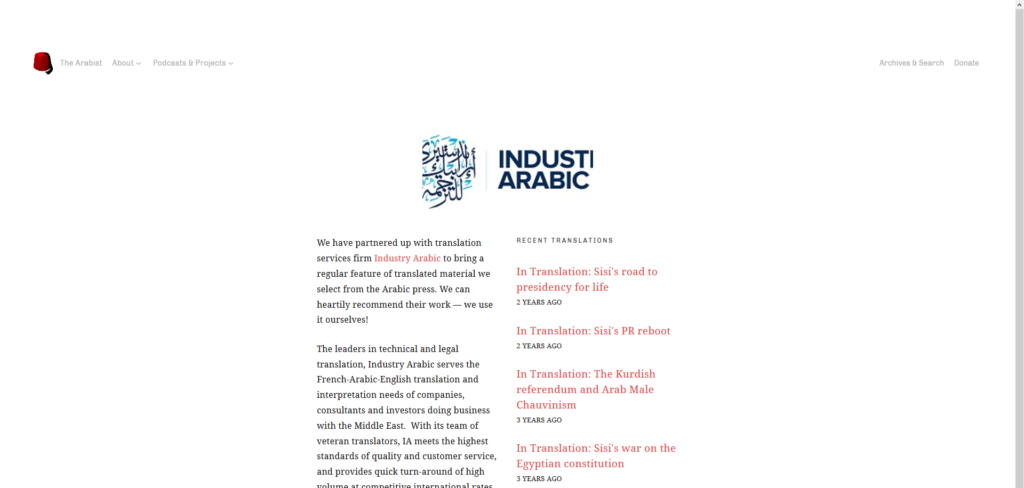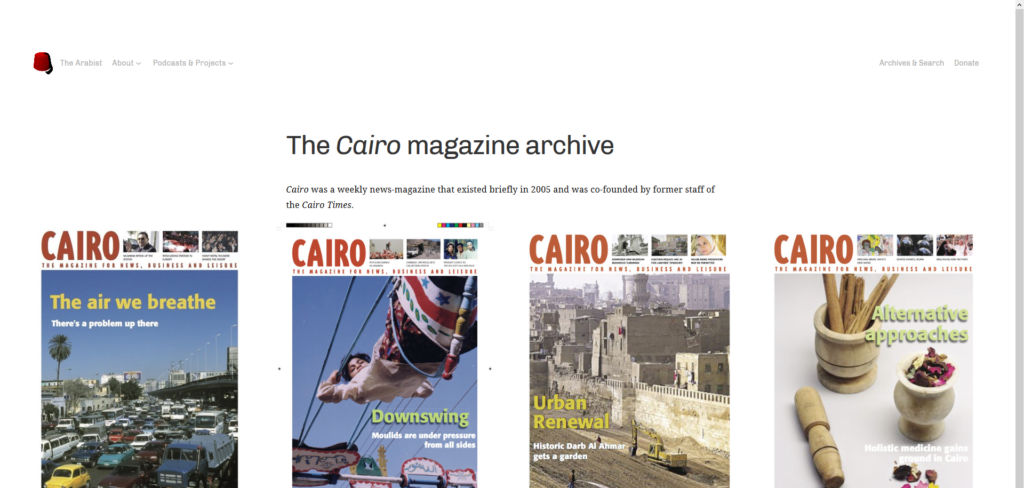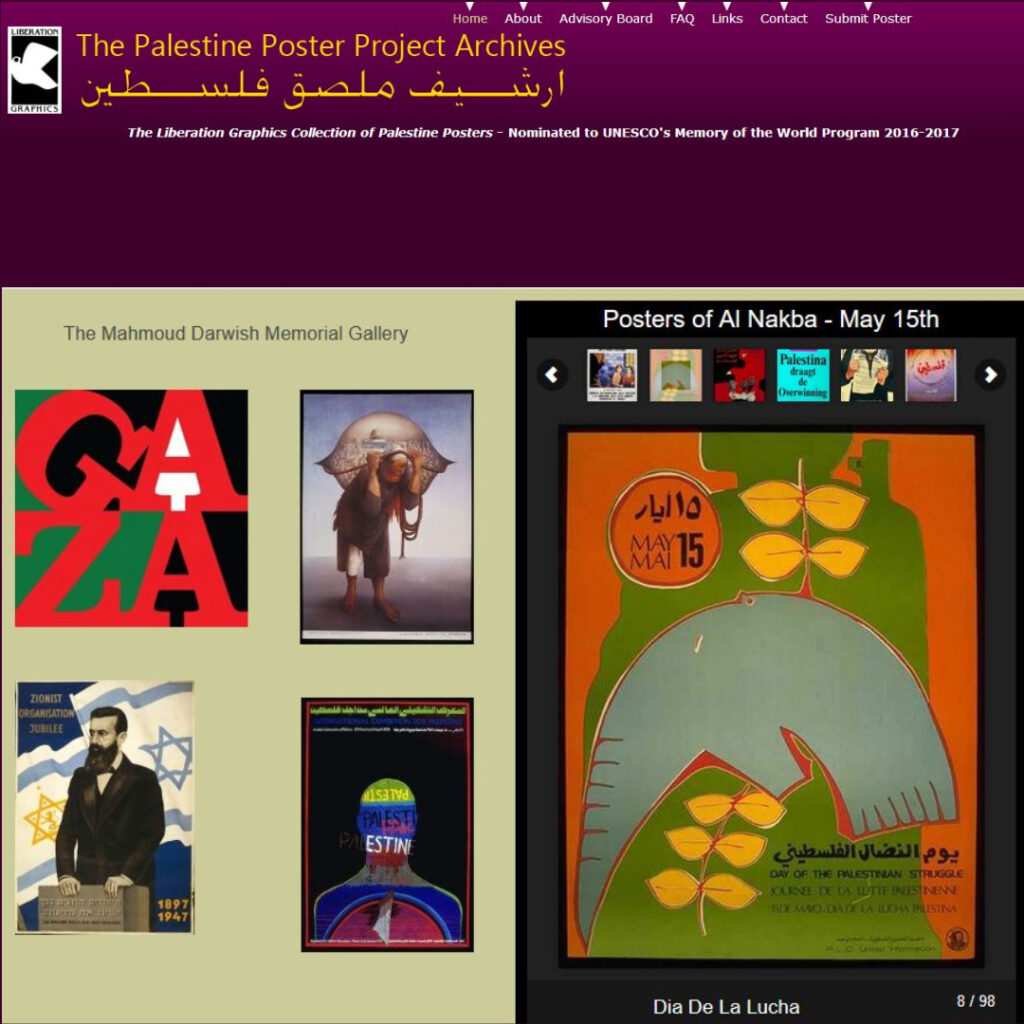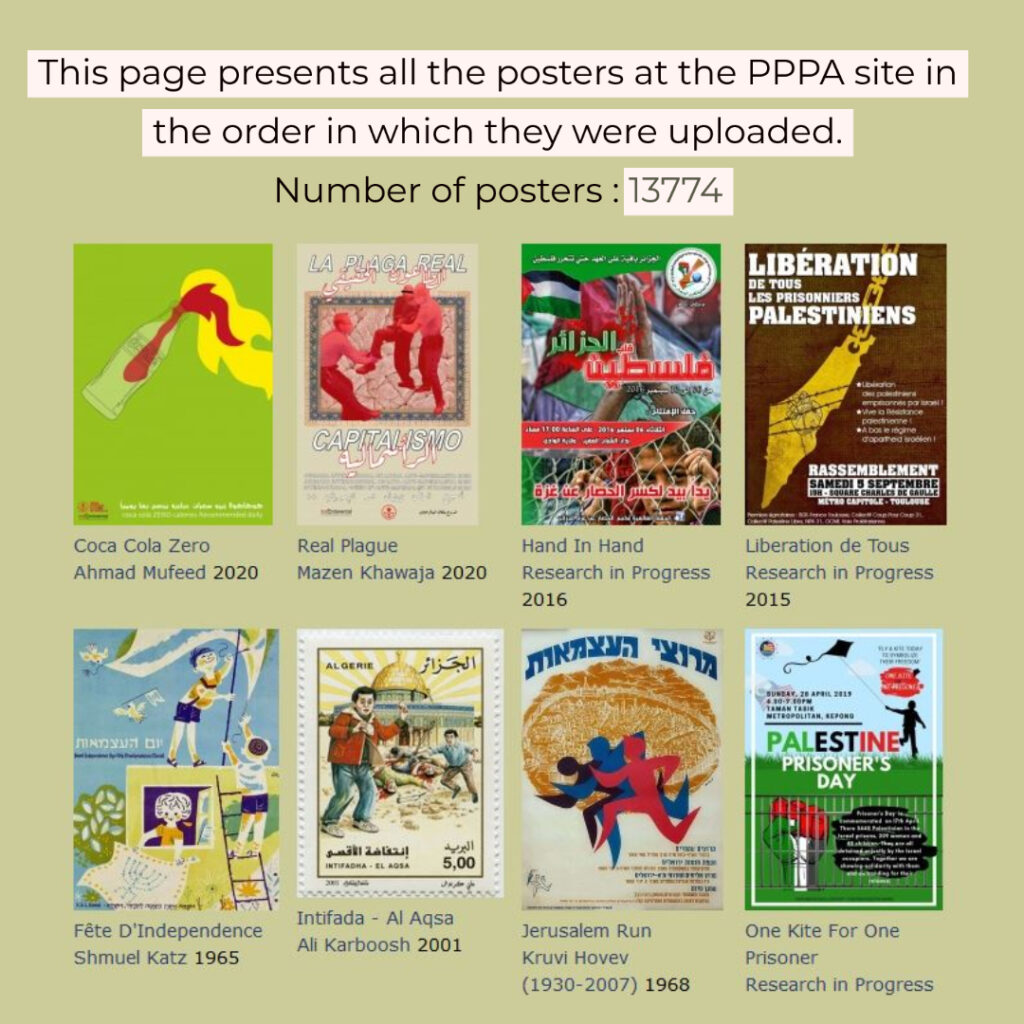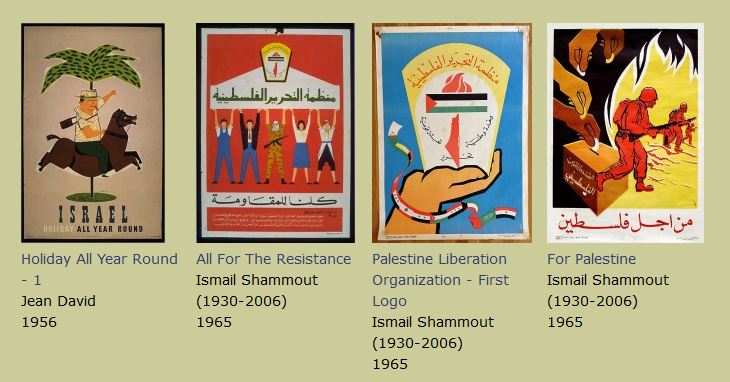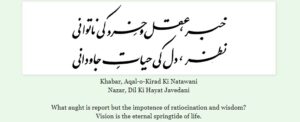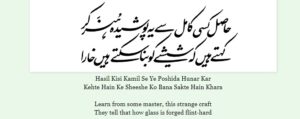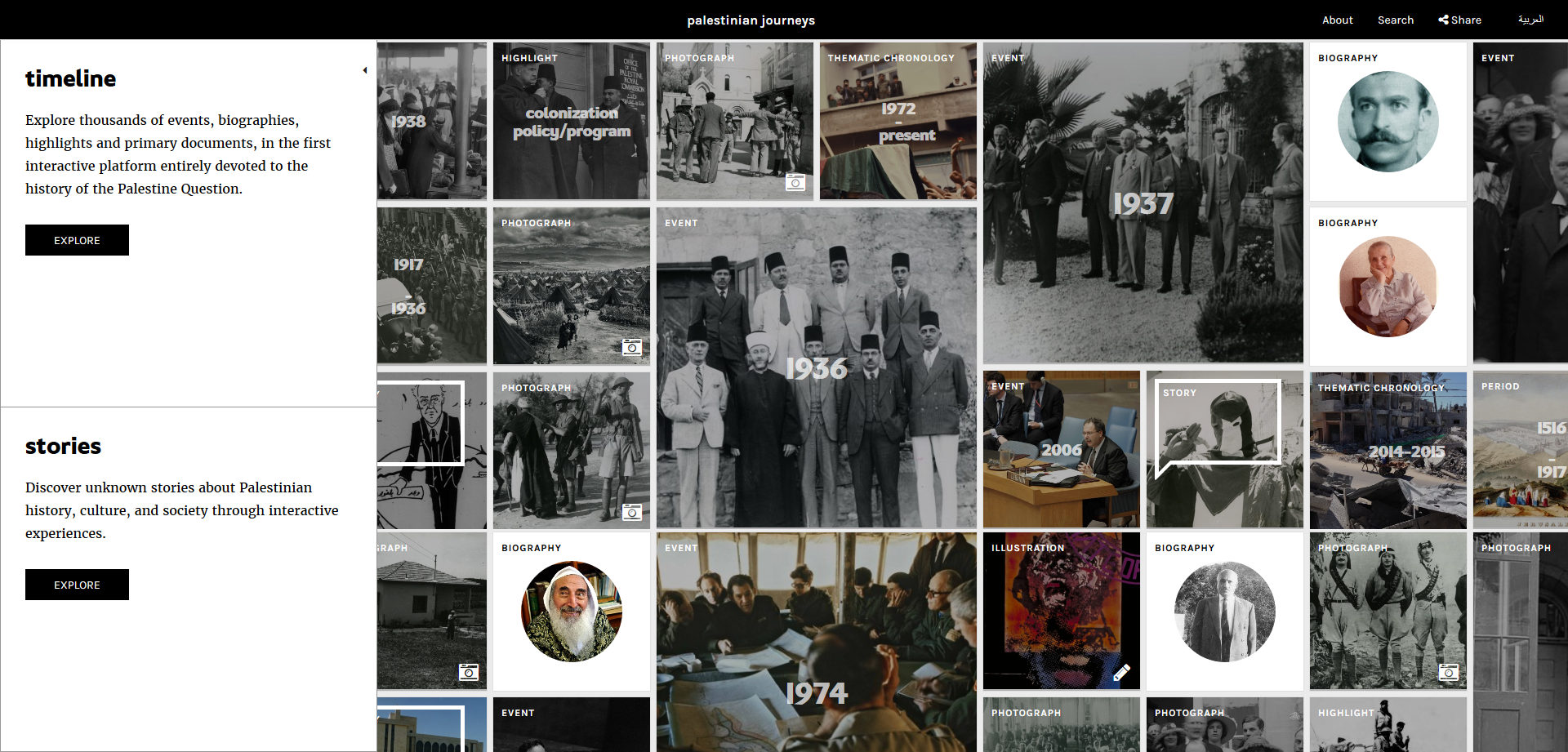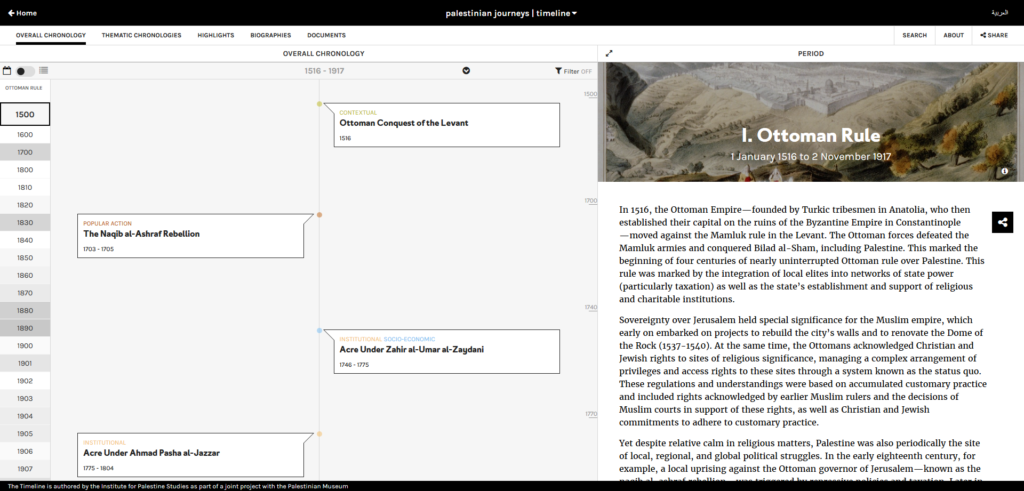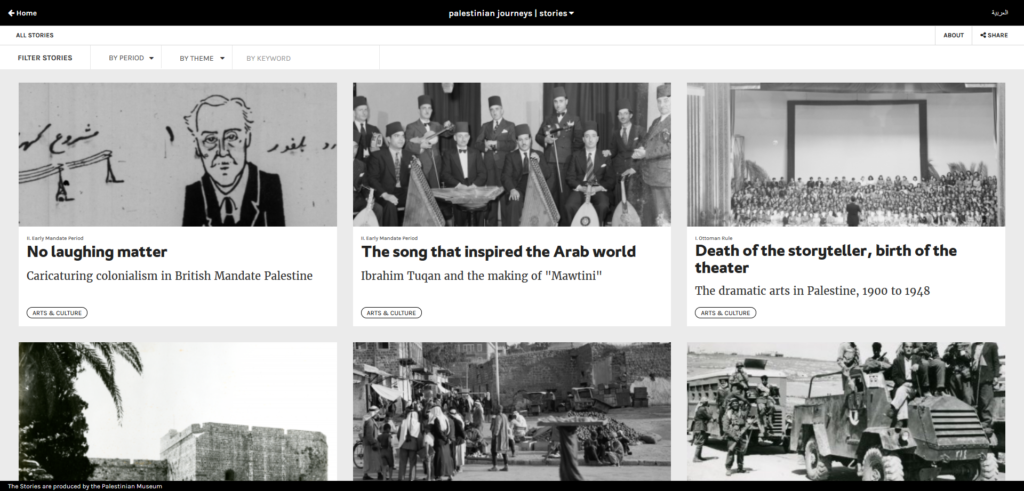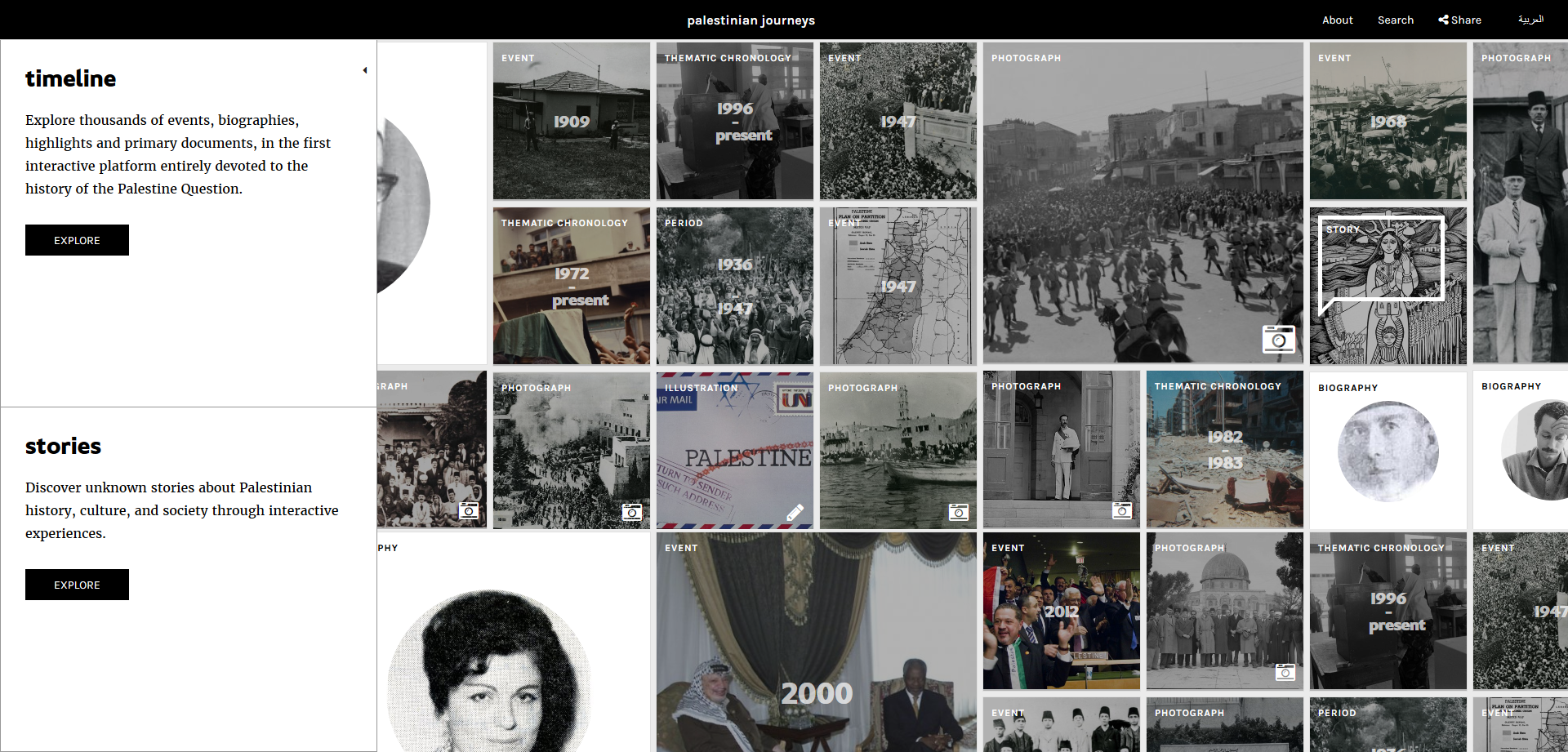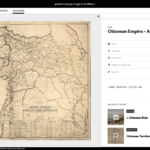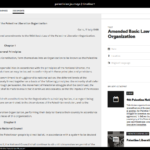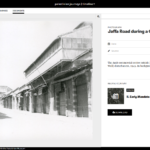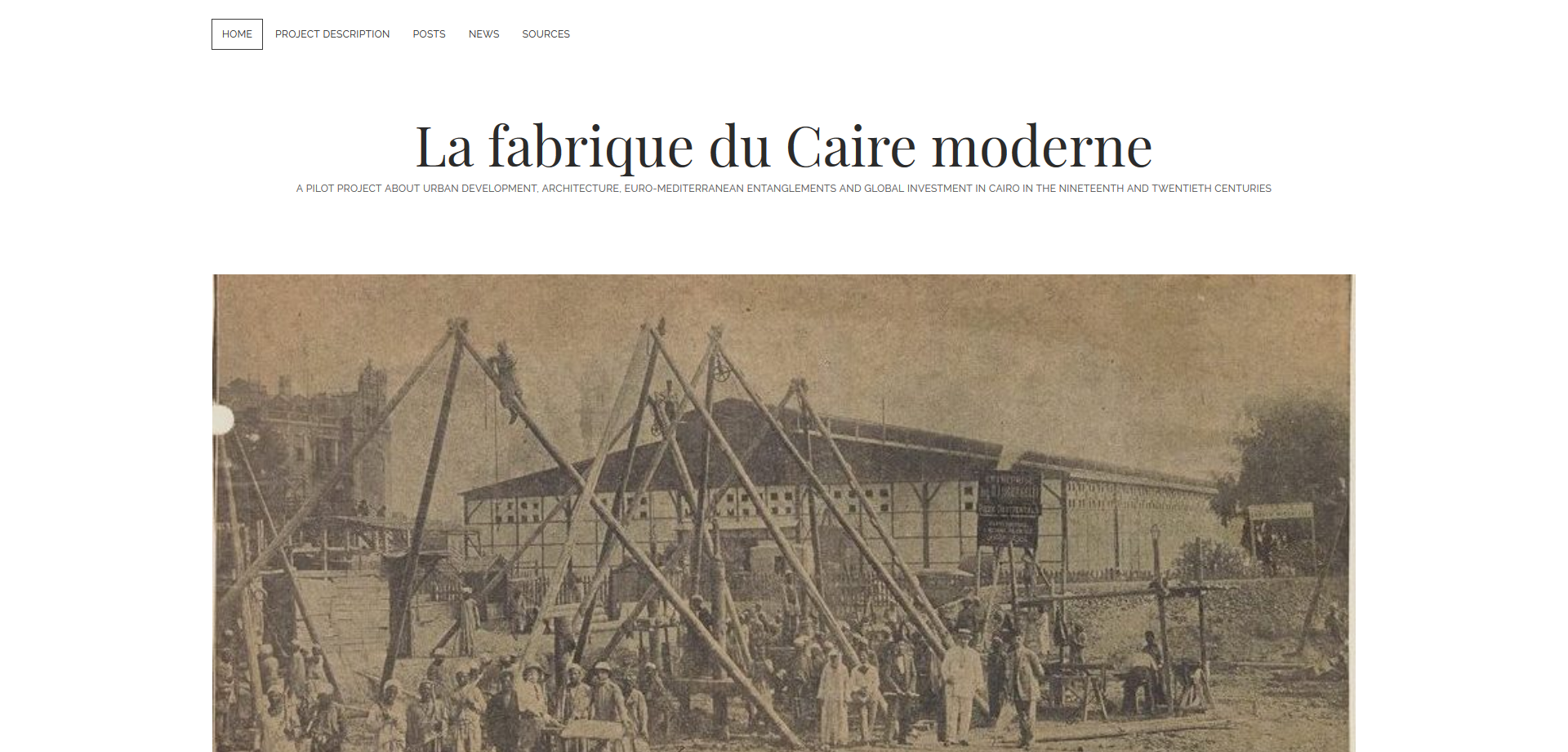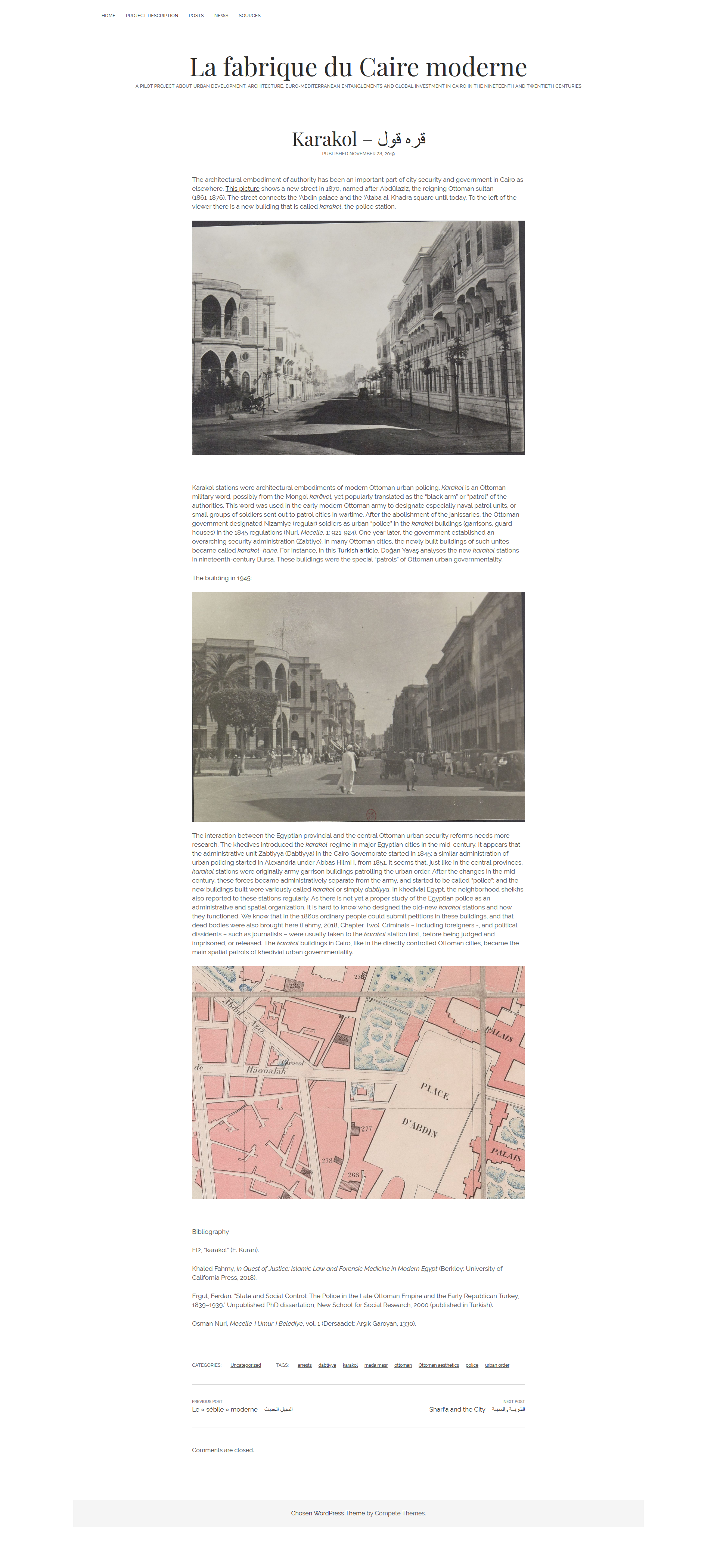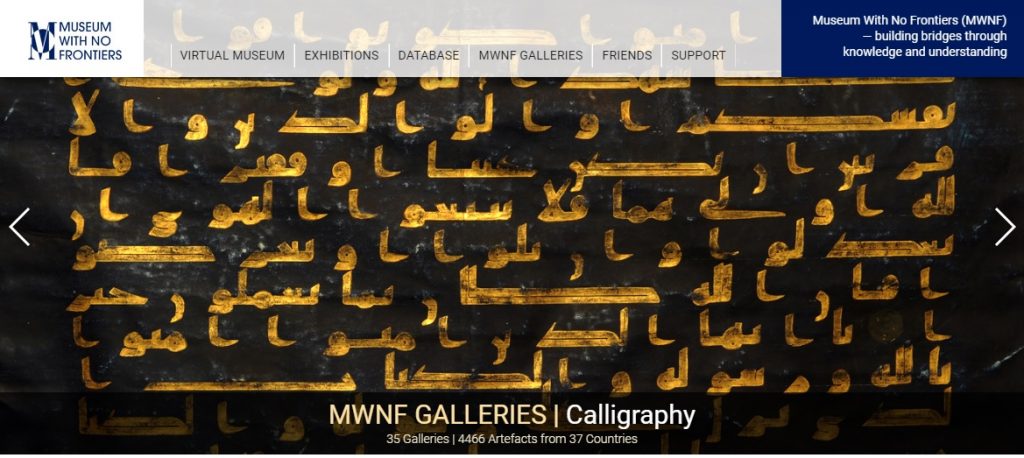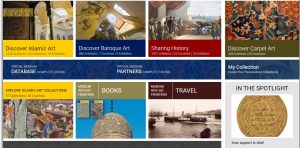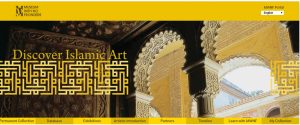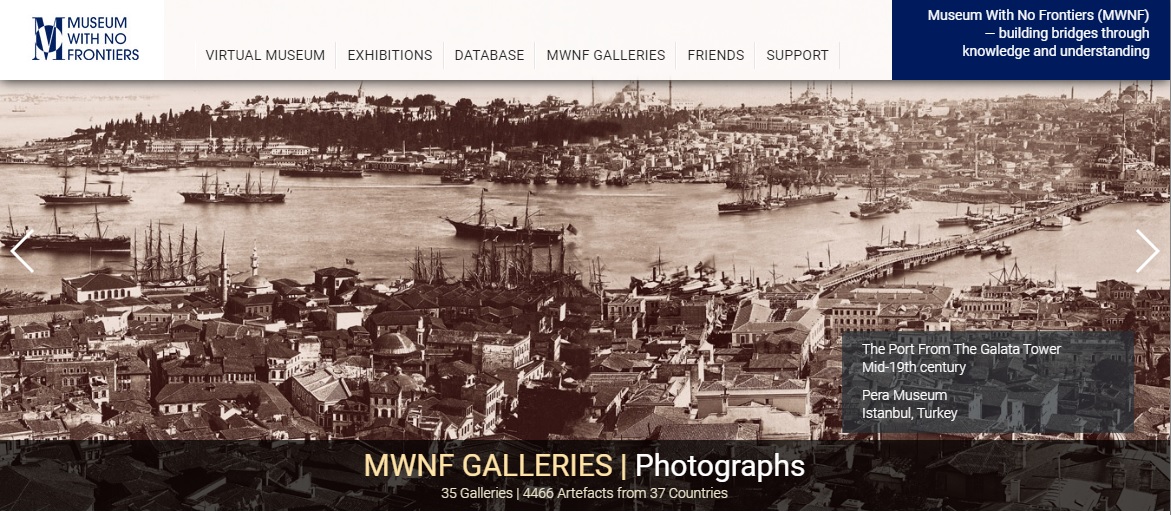The Afternoon Map is a cartography blog brought to you by Ottoman History Podcast
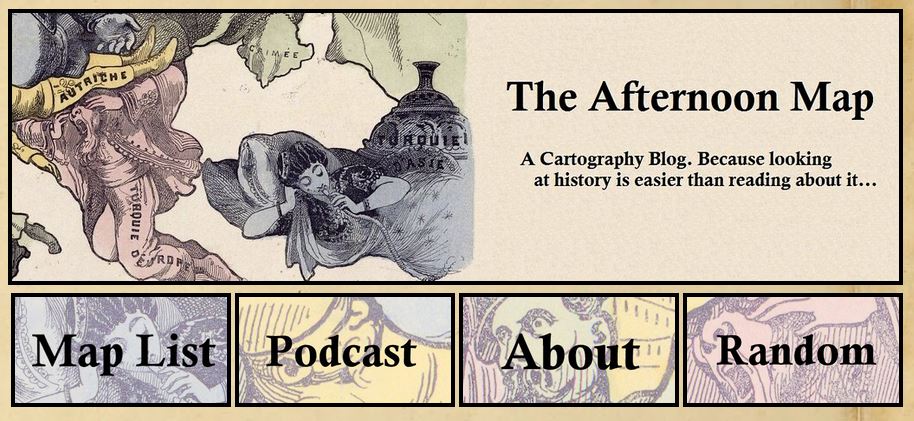
“We firmly believe that every book needs more maps, and would be delighted if these maps could be useful toward that end”
The Afternoon Map
The blog is dedicated to presenting quality Ottoman/Turkish/Middle Eastern/Balkan maps with a maximum pixel-to-word ratio. A range of original, visually appealing and intellectually engaging maps harvested from archives and libraries around the world.
The afternoon Map will appeal to history buffs, travelers and map enthusiasts. Each map is provided with some background and analysis when available. Historians and other researchers will find these maps useful for their work.
“The Afternoon Map is a member of MENAlab, a constellation of independent internet destinations focused on the history, society, and culture of the Middle East and North Africa”
The Afternoon Map
The blog uses content generated by scholars and researchers from a variety of disciplines. The afternoon Map is open access and free from advertisement.
MAP LIST
Under Afternoon Map’s Comprehensive Map List, one can find the following:
Historical Maps
Blog posts in this section varies in topics (geographical, touristic, ethnic, etc.), in dates (as old as 1874) and in length (from one map to 14 maps)
Home Made Maps
In this section, things get really interesting! Treasure map, food maps, Folk song map, etc.
Non Maps
Topics in this section, not necessary related to maps, but it is worthwhile exploring!
Articles
A list of published articles authored and/or co-authored by Nick Danforth on various media platforms and academic journals. There is a couple of articles that are marked unpublished.
PODCAST
Provide a link to Ottoman History Podcast, a podcast about the Ottoman Empire, the modern Middle East, and the Islamic world.
RANDOM
In this section, blog posts are randomly displayed. This may appeal to those who like the surprise factor.


